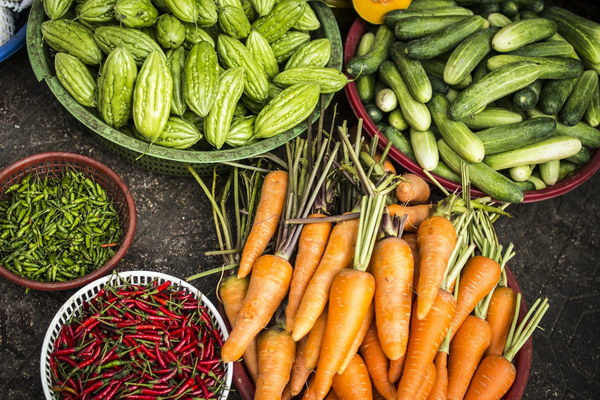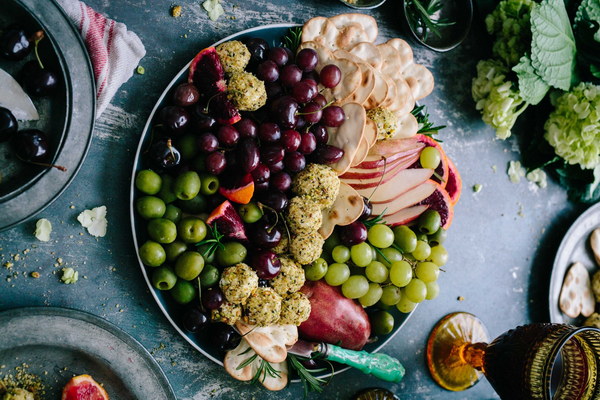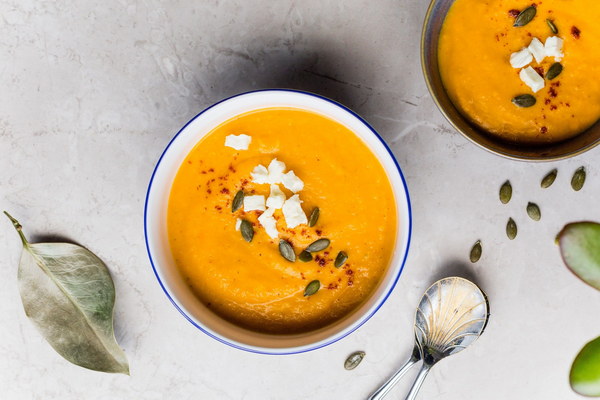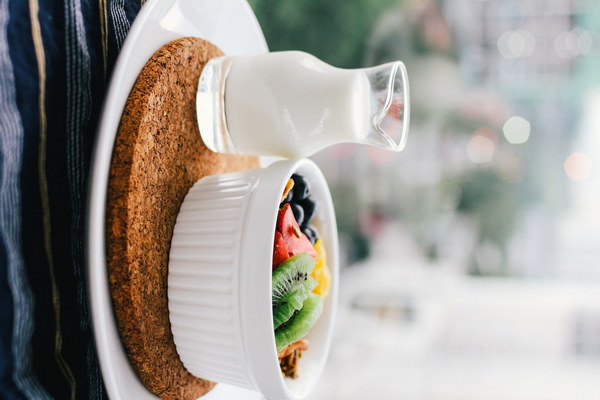Nutritional Remedies What to Eat for Your Child's Depression and Anxiety
Depression and anxiety in children can be challenging for both the child and their family. While professional help is essential, dietary changes can also play a significant role in managing these conditions. Below, we delve into the types of foods that may help alleviate symptoms of depression and anxiety in children.
1. Omega-3 Fatty Acids
Omega-3 fatty acids, found in abundance in fish like salmon, mackerel, and sardines, have been shown to have a positive impact on mental health. These essential fats are crucial for brain function and can help reduce anxiety and depression. Aim to include these fish in your child's diet at least twice a week, or consider omega-3 supplements if your child is allergic to fish.
2. Fatty Acids from Plant Sources
For those who cannot consume fish, plant-based sources of omega-3s, such as flaxseeds, chia seeds, and walnuts, can also be beneficial. These seeds and nuts should be introduced into your child's diet in moderation, as they are high in calories and fat.
3. Complex Carbohydrates
Complex carbohydrates, found in foods like whole grains, brown rice, and legumes, provide a steady release of energy, which can help stabilize mood swings. Encourage your child to eat these carbohydrates with lean proteins and healthy fats to aid in digestion and absorption.
4. Dark Chocolate
Dark chocolate, with a high cocoa content, contains antioxidants and theobromine, which can help improve mood and reduce anxiety. Allow your child to have a small piece of dark chocolate occasionally as a treat, but be mindful of the sugar content in milk chocolate.
5. Fruits and Vegetables
Rich in vitamins, minerals, and antioxidants, fruits and vegetables are a cornerstone of a healthy diet and can support mental health. Encourage your child to consume a variety of colorful fruits and vegetables daily to ensure they receive a wide range of nutrients.
6. Fermented Foods
Fermented foods, like yogurt, kefir, sauerkraut, and kimchi, are rich in probiotics, which can promote gut health and, in turn, improve mental well-being. These foods can be added to your child's diet in small amounts, especially if they are not used to them.
7. Lean Proteins
Proteins are essential for the production of neurotransmitters, which are chemicals that transmit signals between brain cells. Lean proteins, such as chicken, turkey, and tofu, can help maintain stable blood sugar levels and support brain health.
8. B Vitamins
B vitamins, particularly B6, B12, and folic acid, are important for brain function and can help reduce anxiety and depression. These vitamins can be found in foods like lean meats, fish, eggs, legumes, and fortified cereals.
9. Green Tea
Green tea contains L-theanine, an amino acid that can help reduce anxiety and promote relaxation. It also contains antioxidants that can protect the brain from oxidative stress. Offer your child a cup of green tea in the morning or afternoon as a healthy alternative to sugary drinks.
10. Stay Hydrated
Proper hydration is crucial for overall health, including mental health. Encourage your child to drink plenty of water throughout the day. Dehydration can lead to mood swings and increased anxiety.
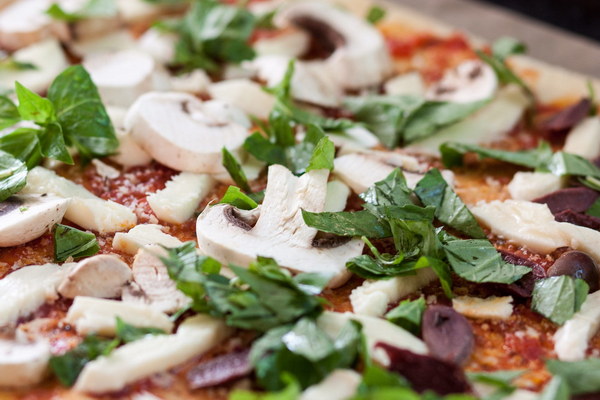
Conclusion
While dietary changes alone may not cure depression and anxiety, they can be a valuable part of a comprehensive treatment plan. Consult with a pediatrician or a registered dietitian to create a balanced meal plan that incorporates these foods into your child's diet. Remember, consistency is key, and it may take time to see the benefits of these nutritional remedies.


